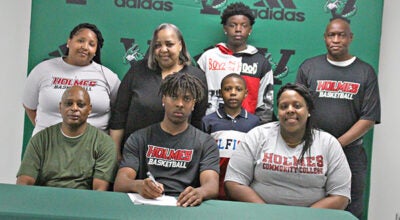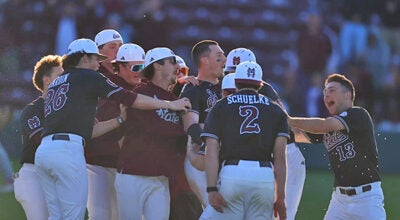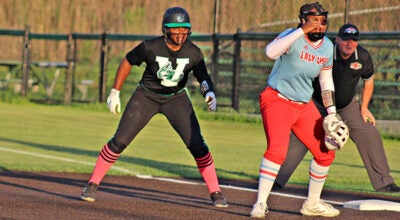Judge dismisses Nutt’s lawsuit against Ole Miss
Published 6:00 pm Wednesday, August 9, 2017
JACKSON (AP) — Former Ole Miss football coach Houston Nutt’s civil lawsuit against the school and its athletics foundation has been dismissed by a federal judge.
The one-page filing Wednesday said the federal court “lacks jurisdiction under the pleadings as presented” and the suit was dismissed by U.S. District Judge Neal Biggers. The suit was dismissed without prejudice, meaning it can be refiled.
Nutt filed the lawsuit against Ole Miss on July 12, which was during Southeastern Conference Media Days. The Rebels’ former coach — who led the program from 2008 to ‘11 — was alleging a breach of his severance agreement because of false statements he said school officials made during an ongoing NCAA investigation.
The lawsuit stated then-Ole Miss coach Hugh Freeze and other school officials created a “false narrative” in an effort to place primary blame on Nutt for the NCAA investigation instead of Freeze.
Nutt’s attorney Thomas Mars released a statement on Wednesday acknowledging the federal suit’s dismissal. Mars said he planned to “file an updated state court lawsuit next week with more details than those that were known to us when we first filed suit.”
Mars also said he hoped the school’s lawyers would “give some more thought to our settlement proposal” before refiling in state court.
Even though the federal lawsuit has been dismissed, its damage to Ole Miss was substantial. In the process of doing research for the lawsuit, Nutt’s attorneys requested some of Freeze’s phone records, which eventually revealed a one-minute call to an escort service based in Tampa, Florida.
That call led to an Ole Miss internal investigation that resulted in Freeze’s resignation on July 20. The school said it found a “pattern of personal misconduct” that started with the discovery of the one-minute call.





